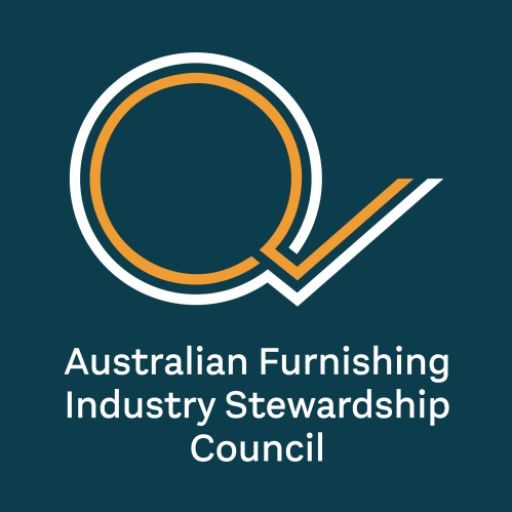Michelle Thomas, COO, AFISC
With a new Minister for the Environment, Senator Murray Watt, there is renewed opportunity to re-energise Australia’s Nature Positive Plan—a reform agenda designed to deliver better environmental outcomes alongside business certainty and innovation. Across the furnishing sector, the Australian Furnishing Industry Stewardship Council (AFISC) and the Australian Furniture Association (AFA) are helping turn this vision into reality.
At the centre of this work is the Furniture Passport Australia System (FPAS)—a national, digital infrastructure that will bring transparency, accountability, and circularity to how furniture is designed, manufactured, procured, and recovered.
What FPAS Will Do to Support the Nature Positive Plan
- Bring Environmental Standards to Life
FPAS will allow verified product-level information, on sourcing, composition, recyclability, repairability, warranties, and third-party certifications to be integrated into decision-making. This supports the implementation of National Environmental Standards in a practical and transparent way, particularly through sustainable procurement.
- Enable Environmental Data Sharing and Lifecycle Tracking
By capturing structured data from manufacturers, suppliers, and recyclers, FPAS will contribute to a modern, national environmental data infrastructure. This directly aligns with the findings of the Second Independent Review of the EPBC Act (Samuel Review), which called for a connected environmental information supply chain to support better decision-making across government and industry.
- Simplify Regulatory Navigation for Industry
FPAS will provide a unified platform to demonstrate compliance with sustainability-related legislation, certification pathways, and procurement requirements—reducing duplication and complexity, particularly for SMEs operating across multiple jurisdictions.
- Support the Shift to a Circular Economy
Australia generates more than 8.5 million tonnes of furniture waste each year, with an estimated 90% ending up in landfill. FPAS will support circular design and stewardship practices by mapping the full journey of a product—from materials and manufacturing to reuse, refurbishment, and recycling.
- Help Identify and Manage Chemicals of Concern
Through data collection on material inputs and product components, FPAS will support industry and government in phasing out hazardous chemicals. This includes alignment with Australia’s broader chemicals management reforms and supports the recommendations made in the Chemicals of Concern Industry Review, delivered in collaboration with government and the Australian Furniture Association, which called for greater traceability, transparency, and industry-led action to identify and phase out hazardous substances across the furniture lifecycle.
- Contribute to Environmental-Economic Integration
FPAS will enable more accurate tracking of material flows, carbon data, and lifecycle impact—supporting environmental-economic accounting and contributing to broader climate and biodiversity goals embedded in the Nature Positive Plan.
An Implementation Tool That Works for Government and Industry
The Nature Positive Plan and the recommendations of the Samuel Review both highlight the need for trusted, practical tools to drive environmental reform. FPAS responds directly to that need—providing a stewardship-led platform to support better procurement decisions, more responsible design practices, and measurable environmental outcomes.
With a significant portion of government furniture still imported—often lacking verified environmental or social credentials—there is a clear opportunity to use tools like FPAS to drive accountability, stimulate local innovation, and reduce reliance on unverified imports.
Working Together for a Nature Positive Future
The AFA and AFISC look forward to engaging with Minister Watt and the Department of Climate Change, Energy, the Environment and Water to explore how FPAS can contribute to delivering the objectives of the Nature Positive Plan. As government reforms evolve, there is a clear opportunity to demonstrate how practical, industry-led tools like FPAS can help embed circularity, transparency, and stronger environmental outcomes across the furniture sector.
By enabling better decisions at every stage of the product lifecycle, FPAS will help us take one step closer to a truly nature positive future.
Want to Learn More?
Stay updated on AFISC’s initiatives and how you can get involved:
- 🌐 Visit: afisc.eco and https://theafa.asn.au
- 📩 Email: care@afisc.com.au
- ✅ Check before you buy: Explore the AFA Member Directory for trusted furniture suppliers committed to sustainable practices.

